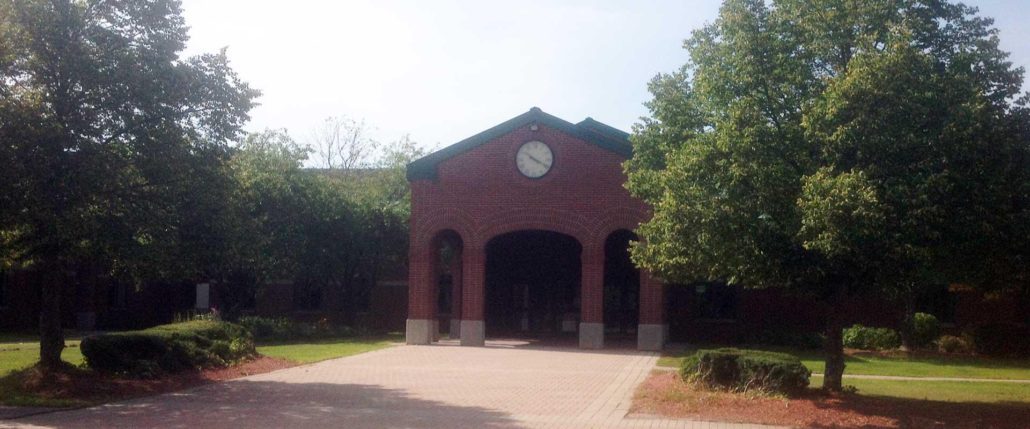Fairfield announces facade improvement plan

Downtown Fairfield. (Contributed photo)
The town of Fairfield has launched a new program to enhance the economic vitality and character of the town’s commercial districts. The Fairfield Façade Improvement and Marketing Assistance Program (FIMAP) allocates financial incentives for the renovation, restoration, and preservation of privately-owned business exteriors within the Town of Fairfield, as well as for marketing assistance to stimulate commerce.
The aesthetics of a community and its neighborhoods are a key factor in visitors’ decisions to live, work, and shop in a municipality. By providing grants or forgivable loans for up to 50 percent of the cost of façade improvement and marketing projects, the Town of Fairfield intends to leverage its historical and commercial assets.
“Place-based economics are a driving force behind vibrant municipalities in the 21st century,” states Garvan D. Donegan, director of planning and economic development at Central Maine Growth Council. “A high quality of place attracts investment, residents, and visitors, making FIMAP an important opportunity to realize the full potential of Fairfield’s commercial properties, including historical facilities in the downtown district.”
The competitive application process, reviewed by Faifield’s Economic and Commnity Development Advisory Committee, offers two project tracks: façade improvement and marketing assistance. Within the façade improvement track, high-priority projects include, but are not limited to: preservation and restoration of original and/or historical facades; removal of “modern”, non-historic alterations or additions to original facades; repair or replacement of windows, doors, and trim; and the addition of signage or awnings. Within the marketing assistance track, eligible projects include, but are not limited to, branding, digital and/or print advertisement, and signage, and applicants must provide a long-term marketing strategy.
Successful proposals will generate significant economic and community development impact. “The Advisory Committee will prioritize projects which strongly contribute to the revitalization of our downtown district, to the restoration of our historic resources, and to job creation,” explains Michelle Flewelling, Fairfield Town Manager.
Eligible projects may apply for $3,000 to $25,000 in funding. The Façade Improvement and Marketing Assistance Program is funded by Fairfield Tax Increment Financing (TIF) revenues. Interested applicants may access a FIMAP application at here or by contacting Central Maine Growth Council.
The Economic and Community Development Advisory Committee is a “citizens” committee with open membership to all Fairfield residents, business owners, and educators who have a vested interest in community development. Meetings are open to the public, and the committee typically meets monthly at the Fairfield Community Center; go to Fairfield’s online calendar of events for a meeting schedule.


 Nomination papers are now available for Vassalboro’s June 11 local elections. One Selectboard member and two School Board members are to be elected. Terms ending in 2019 are those of Selectman Lauchlin Titus and School Board members Jessica Clark and Kevin Levasseur.
Nomination papers are now available for Vassalboro’s June 11 local elections. One Selectboard member and two School Board members are to be elected. Terms ending in 2019 are those of Selectman Lauchlin Titus and School Board members Jessica Clark and Kevin Levasseur.




